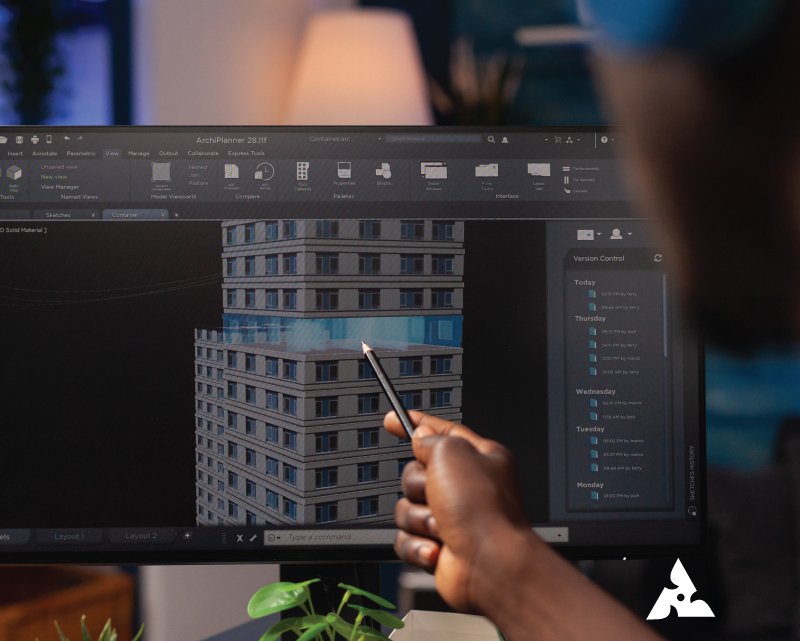Scale Model Making Company
Architectural Model Makers / Miniature Model Makers / Engineering Model Making / Industrial Model making / miniature model making
Maadhu Creatives
Where pixels meet palpable, 3D scale model makers bridge the gap between the digital realm and the tangible world.
3D scale model making is the art of crafting small, precise replicas of objects or structures using computer-generated designs and advanced printing techniques. These models are essential in industries like architecture and product design, offering a tangible way to visualize concepts and designs in a detailed format.
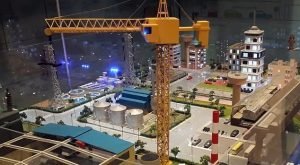
Engineering is widely present in almost every field including Architecture, Aeronautics, Mechanical, Automotive. Bridges, Machinery, Plants are some examples of engineering. Companies/Government hire model making companies to build Engineering Scale models. Where you have to follow trial and error approach for engineering and design, Scale models are almost inevitable. The Engineering Scale models are small working/ non-working prototypes built with fraction amount of original project investment though offering the ability to test engineering and design of the project at small scale.
View portfolio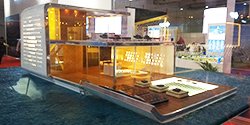
Builders and Contractors hire model making companies to create 3D Physical scale models of their architectural projects. Architects often use Architectural Scale Models while pitching and presenting their design proposal to Builders. Architectural models are an effective tool for Builders, Contractors, Architects for closing the deals. Architectural models are widely used in an exhibition like Real Estate Property shows/fairs to convince and close the deal with buyers. Interior models, City & township models, Infrastructure models – all falls under this category.
View portfolio
Lorem ipsum dolor sit amet, consectetur adipisicing elit. Optio, neque qui velit. Magni dolorum quidem ipsam eligendi, totam, facilis laudantium cum accusamus ullam voluptatibus commodi numquam, error, est. Ea, consequatur.
View portfolio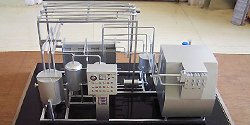
Piping models are the Scale models with lots of piping structures. Examples of piping models include Water Treatment Plant, Oil and Gas Plants, Power Stations.
View portfolio
Scale models of cement plants, factory, nuclear machinery, solar plants, warehouses, automotive or any kind of industry – are all industrial models. Such models are used for the variety of reason including Planning, Pitching to investors, Reporting, etc.
View portfolio
Marine Scale models are show stoppers in offices of cruise companies. The models catch the attention of all age visitors. Isn’t that more engaging? Marine Models are also used for training purpose in Educational courses.
View portfolio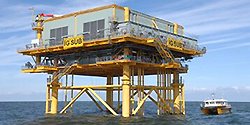
Scale models of Sea Mining industries like oil-gas refineries are some examples of offshore scale models.
View portfolio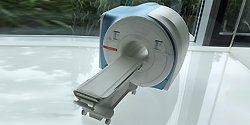
Medical students are taught with dummy models of Brain, Lungs, Anatomy including various other organs. Medical models are primarily used for education purpose.
View portfolio
Product Making companies, Builders, Engineering Companies participate in various exhibitions and showcase their projects with scale models.
View portfolio
Detailed models of Residential / Commercial Schemes, Plants, Urban Planning Schemes which span over acres of land are all examples of layout models.
View portfolio
We made a fully functional miniature model of an anesthesia machine for our client. The original product had 22 Lbs weight and cost 3000 USD but the Miniature hardly weighted 0.5 Lbs and cost negligible. Marketing Team of our client used miniatures for training and marketing to medical professionals about their newly launched anesthetic machine. Our client saved lots of budget along with improved business performance. There are a lot of use-cases where Product Miniatures are efficient.
View portfolio
Scale models of decade-old cars, engines, machinery, monuments, extinct animals, antiques – all these decorate museum.
View portfolio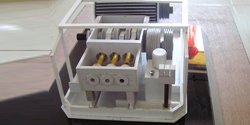
Automotive, Aeronautical, Marine, Civil, Medical, Engineering and almost every other stream use scale models for Training.
View portfolio3d Visualization
MAADHU CREATIVES provide high quality 3d architectural visualization services. We are a company totally committed to quality work, creativity and innovation. We are passionate about building advanced 3D designs for our clients in the Architectural Field. We are a team of Architectural Engineers, Graphics Specialists, Artists, 3D Animation Experts and Custom Software Programmers.

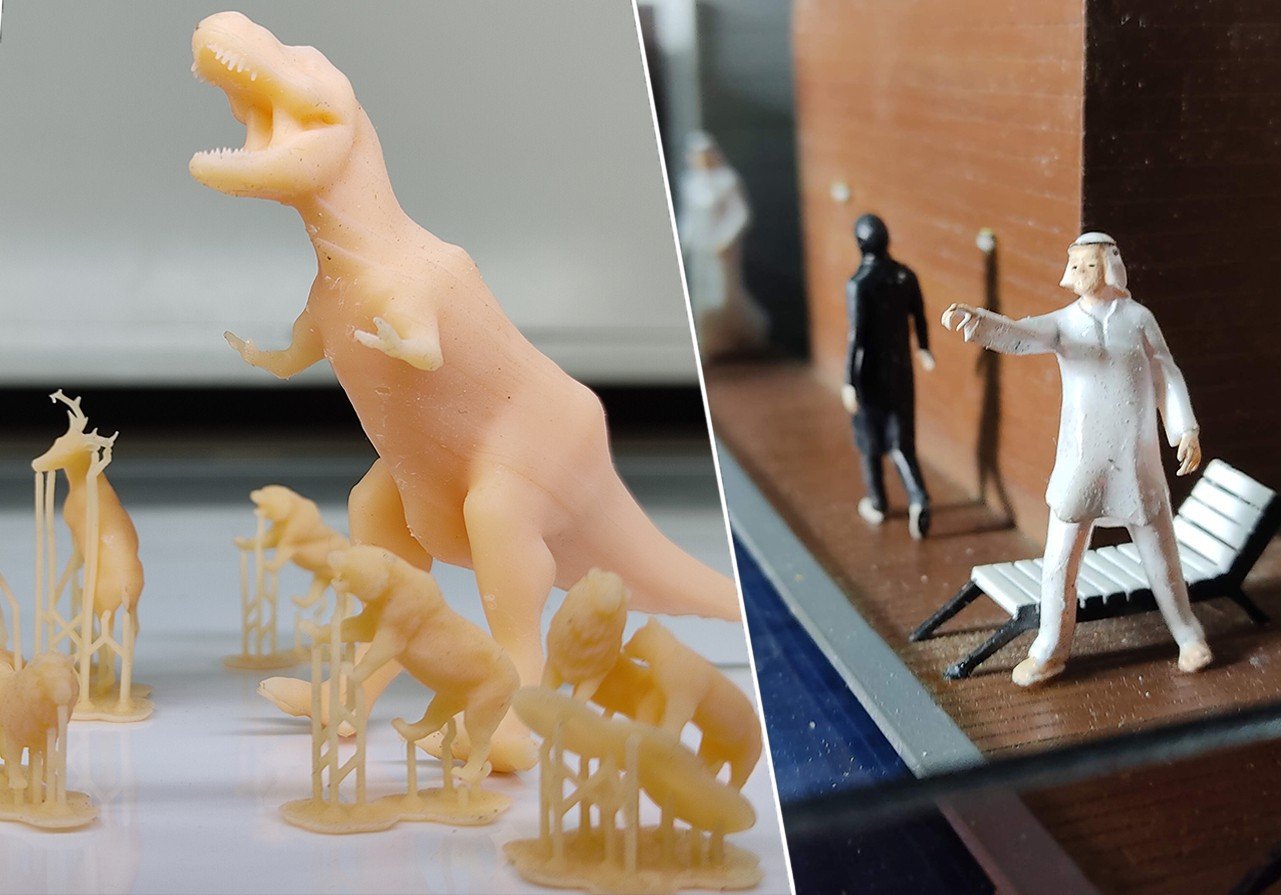
3D Printing
The introduction of inhouse 3D printing in the model-making process at Maadhu Creatives, the most trusted name in all types of model making like architecture model making, engineering model-making, marine model-making, industrial model-making, Piping Model Making, Working model Makingand many more have made the entire process very efficient, more detail-oriented, allows faster completion and extremely cost-effective.
Types of 3D Scale Models
Architectural Exterior Model
An architecture exterior model is a representation that showcases the outer appearance and design of a project.
It serves as a 3D representation, bridging the visionary designs of the architect with the tangible real-world outcome.
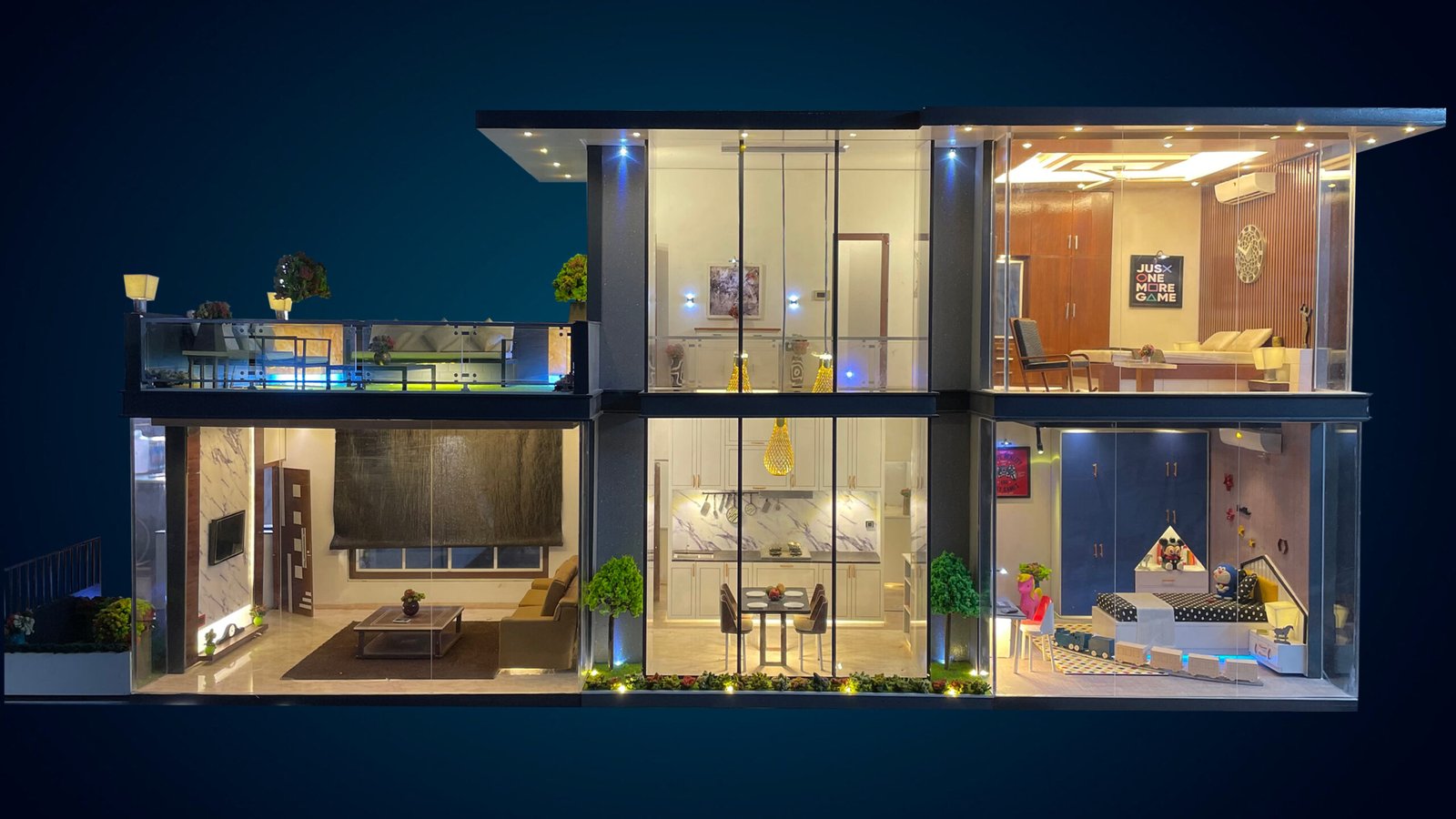
Architectural Interior Model
An architecture interior model is a miniature, three-dimensional representation of interior spaces, showcasing the layout, furnishings, and design elements.
It serves as a visual tool for architects and designers to communicate their concepts and helps clients visualize the final interior arrangement before construction.
Industrial Model
Industrial models are intricate three-dimensional representations of industrial designs, processes, and products. They offer a comprehensive replica of every aspect of their physical site within a single, cohesive framework, providing a holistic view for analysis and planning.
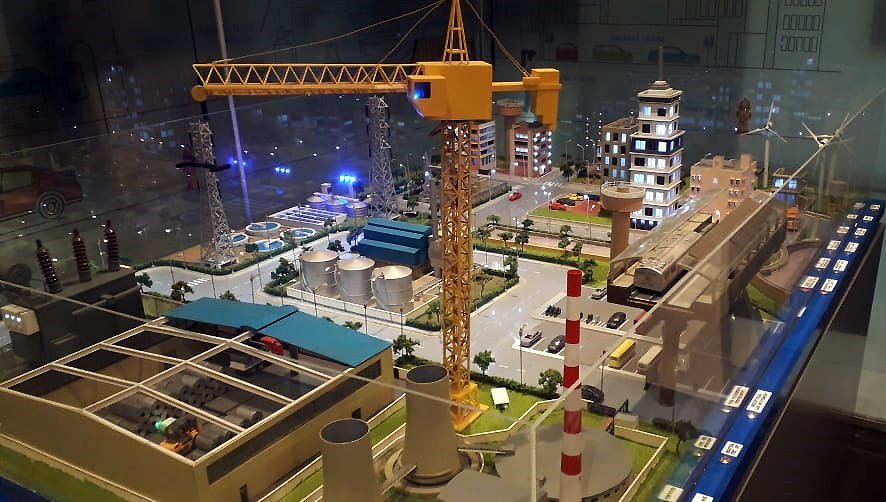
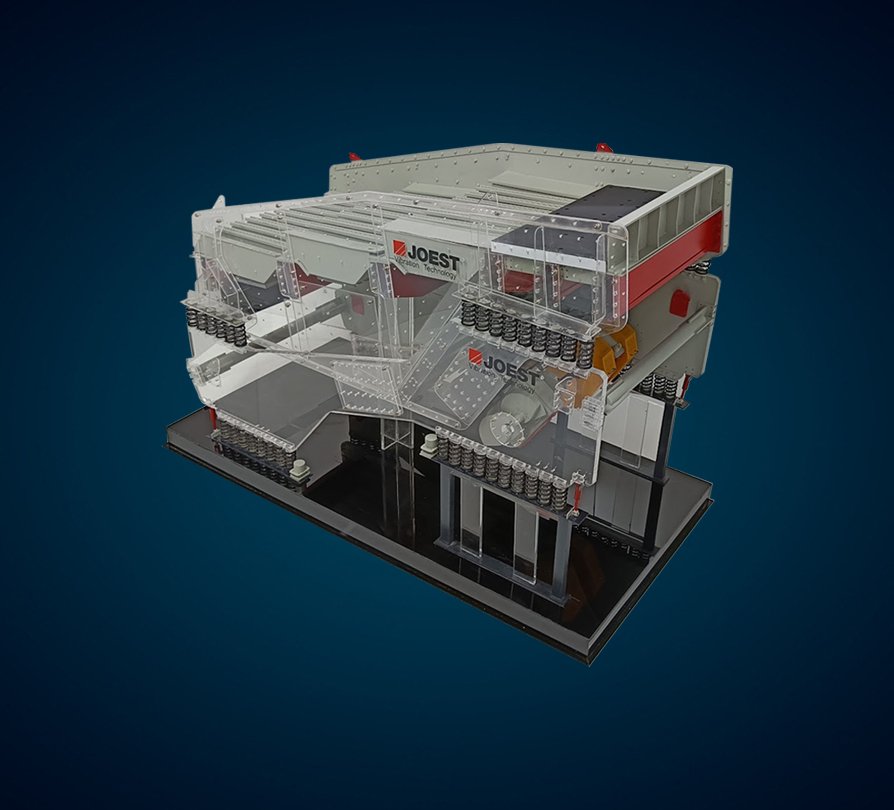
Engineering Model Making
Engineering models play a vital role in the development, and optimization of products, structures, and systems. They facilitate understanding, creativity, collaboration, and problem-solving, making them indispensable tools in the field of engineering.
Piping Model
Piping models act as prototypes for industries with large piping systems, ensuring vital connectivity in process flow. Advance techniques such as computer-aided design and 3D printing ensure efficient and safe material transportation.
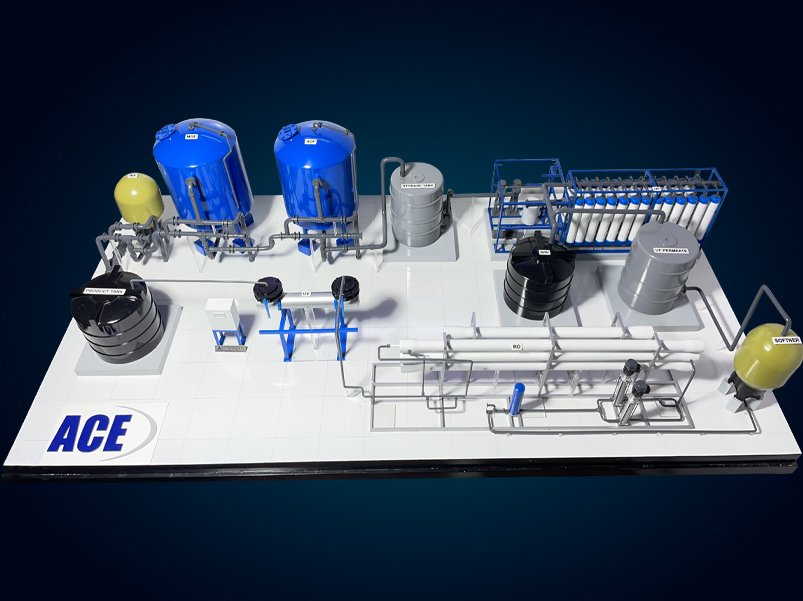
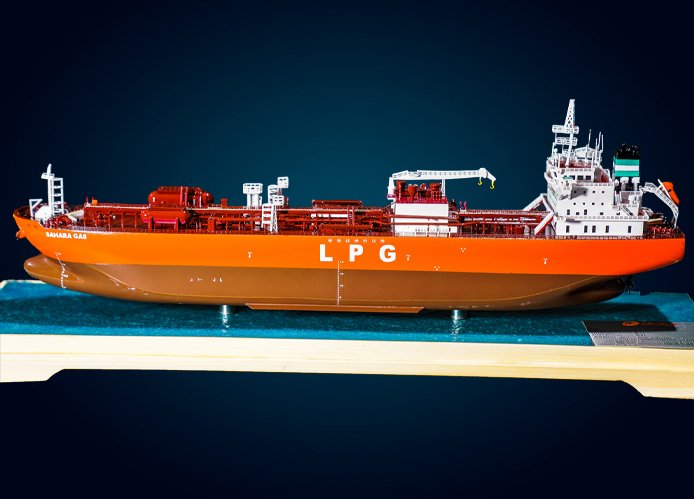
Marine Model
Marine models are intricate 3D representations of ships, vessels, and yachts designed for use in the sea. These models demand meticulous detailing to showcase the aesthetics and functionality of the products from all angles. They offer a scaled-down version of the original designs, capturing the full scale of ideated ships and marine entities.
Master plan Model
Master plan models, often referred to as master planning or master plan models, are strategic and comprehensive plans that outline the long-term development and vision for a specific area or project. These models provide a structured framework for urban development, land use, infrastructure, and other aspects of a community or organization.
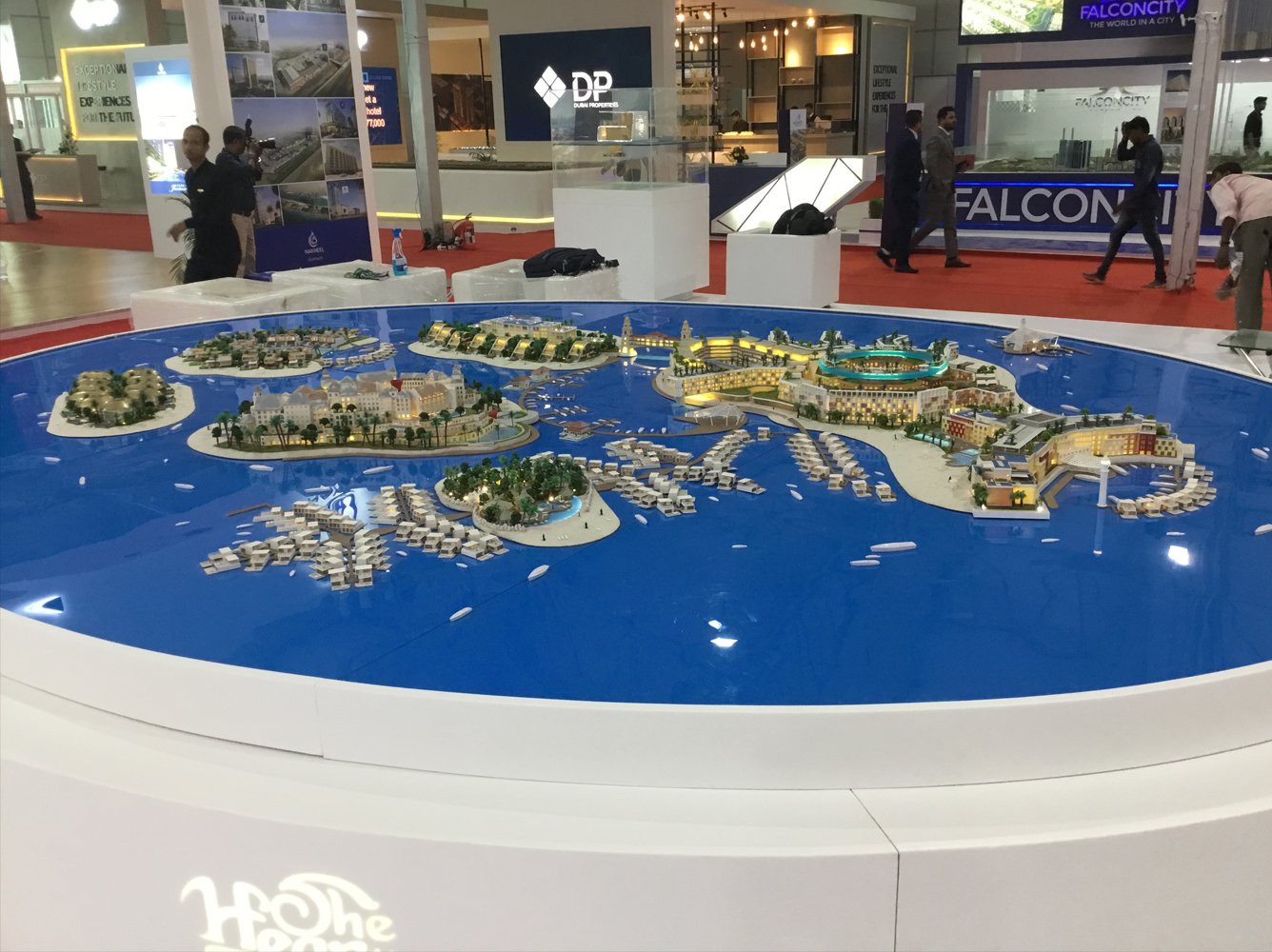
Benefits of using scale models
Scale models provide many benefits across various industries, such as architecture, engineering and marketing. Here are a few advantages of scale models:
1. Visualization: Scale models offer clients, stakeholders and teams a tangible representation of a project, helping them better visualize its final result in three dimensions. This can be especially helpful when dealing with complex designs that may be hard to visualize with drawings alone or digital models alone.
2. Precision and Deliberation: Scale models provide accurate representations of proportions and details of designs, providing an opportunity to identify potential issues or points for improvement before production or construction starts.
3. Effective Communication: Scale models can serve as powerful communication tools between designers, engineers, and non-technical stakeholders. They facilitate clearer discussions and decision making by offering tangible references for clarity discussions and decision making processes.
4. Cost-Effective Prototyping: By creating scale models, designers and engineers can test concepts, materials, and design elements on a smaller scale without incurring the risks and costs associated with large-scale prototypes or production runs.
5. Enhanced Marketing and Presentation: Scale models can make for engaging presentations and marketing materials to showcase projects more effectively. They can catch people’s eyes at trade shows, client meetings, or public exhibitions, making the design more alluring to potential investors or customers.
6. Educational Value: Scale models provide students with hands-on learning experiences, helping them better comprehend spatial relationships and design principles. They serve an educational value beyond this classroom setting.
7. Historical and Cultural Preservation: Scale models offer a great way to preserve historical buildings, monuments, and cultural sites without risking damage to their original forms. Creating miniature versions allows viewers to study these structures without risking irreparable harm to them in person.
8. Customization and Flexibility: Scale models offer great customization capabilities that meet specific design iteration, client presentations or educational purposes. Their adaptable nature enables multiple versions of one model to be made – each tailored towards specific audiences or objectives.
9. Interactive Demonstrations: Some scale models are designed to be interactive, enabling users to explore various aspects of a design by taking steps such as removing sections, altering components, or including moving parts. Such interactive models offer deeper insight into a project’s functionality and design.
Scale models are indispensable tools across a wide array of fields, helping with effective design, communication, and project success.
FAQ's
If this is your first time seeking an scale model-making service, you likely have some questions. Read on to learn more!
To become a scale model maker, start by developing skills in design, drawing, and 3D visualization. Pursue relevant education in fields like architecture, engineering, or industrial design. Gain hands-on experience with modeling tools and materials. Building a portfolio showcasing your work is crucial, along with networking and seeking opportunities in specialized industries.
To write a model scale, use the format “X:1,” where “X” represents the size of the model compared to the real object. For example, a 1:50 scale means the model is 1/50th the size of the actual object. Smaller scales have larger numbers (e.g., 1:100), and larger scales have smaller numbers (e.g., 1:10).
The formula for a scale model is:
Scale = Model Size / Actual Size
To calculate, divide the dimensions of the model by the corresponding dimensions of the real object. For instance, if the actual object is 100 feet long and the model is 2 feet long, the scale would be 2/100, simplifying to a 1:50 scale. This means the model is 50 times smaller than the actual object. The formula applies uniformly across all dimensions (length, width, height), ensuring proportional accuracy in the scale model.
Making a scale model allows you to visualize and communicate a design in three dimensions, offering a tangible representation of a project. It helps identify potential issues, refine details, and make informed decisions before full-scale production or construction. Scale models also enhance presentations, making them more engaging for clients, stakeholders, and the public. Additionally, they serve as effective educational tools and can preserve historical or cultural structures in a smaller, manageable form. Overall, scale models are essential for testing concepts, improving designs, and effectively conveying complex ideas.
LET'S CONNECT !!!
Contact Maadhu creatives & We’re here to help you grow your business.


